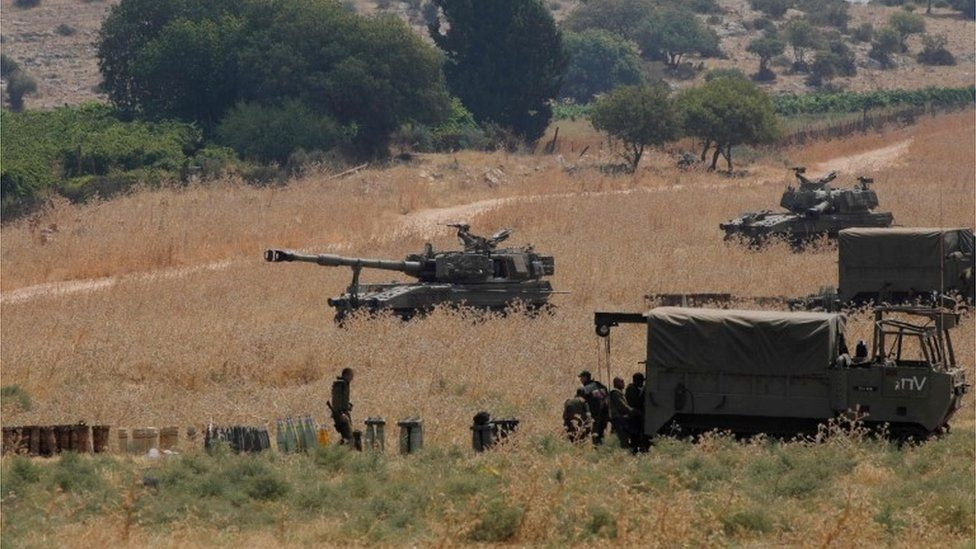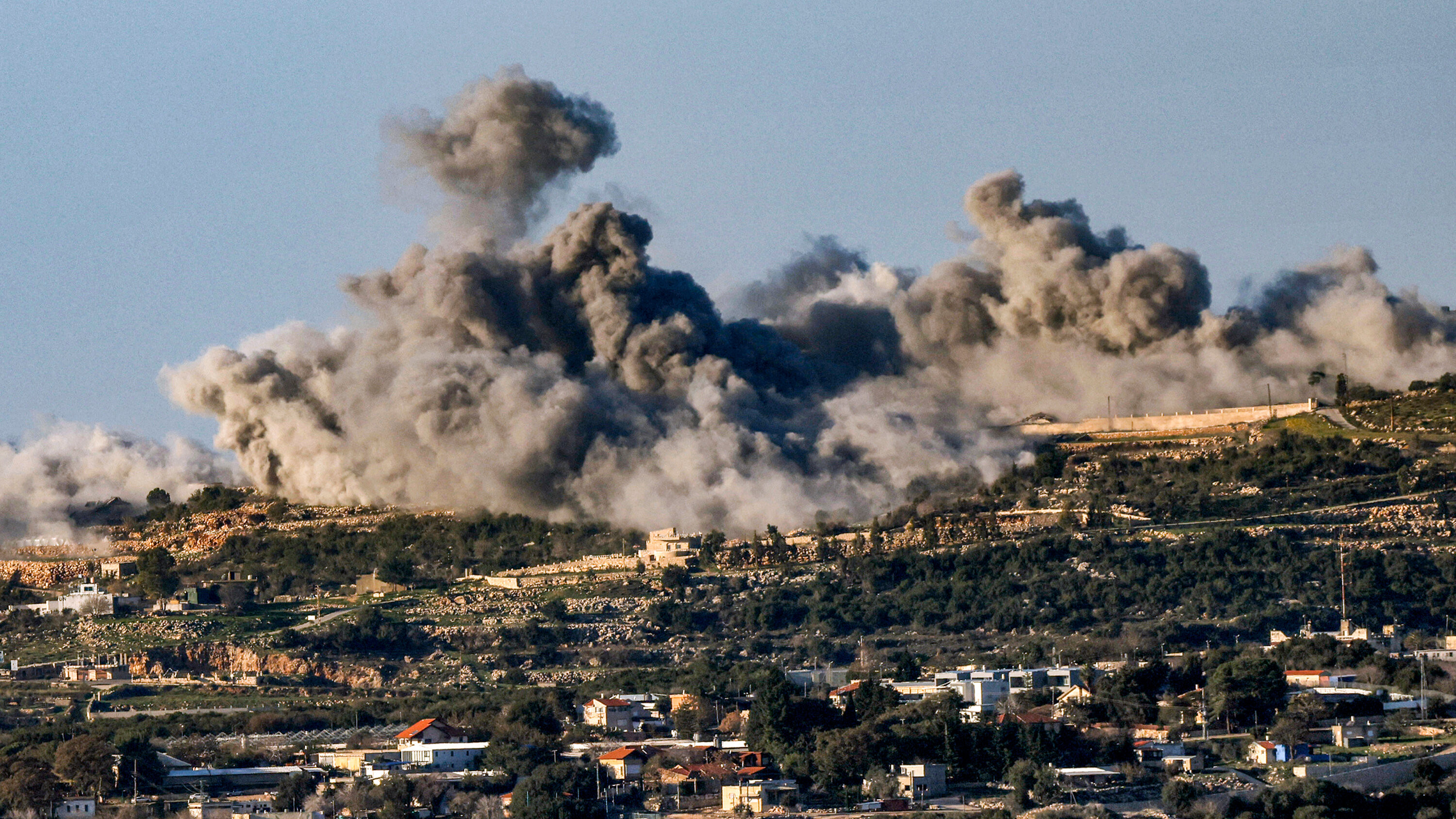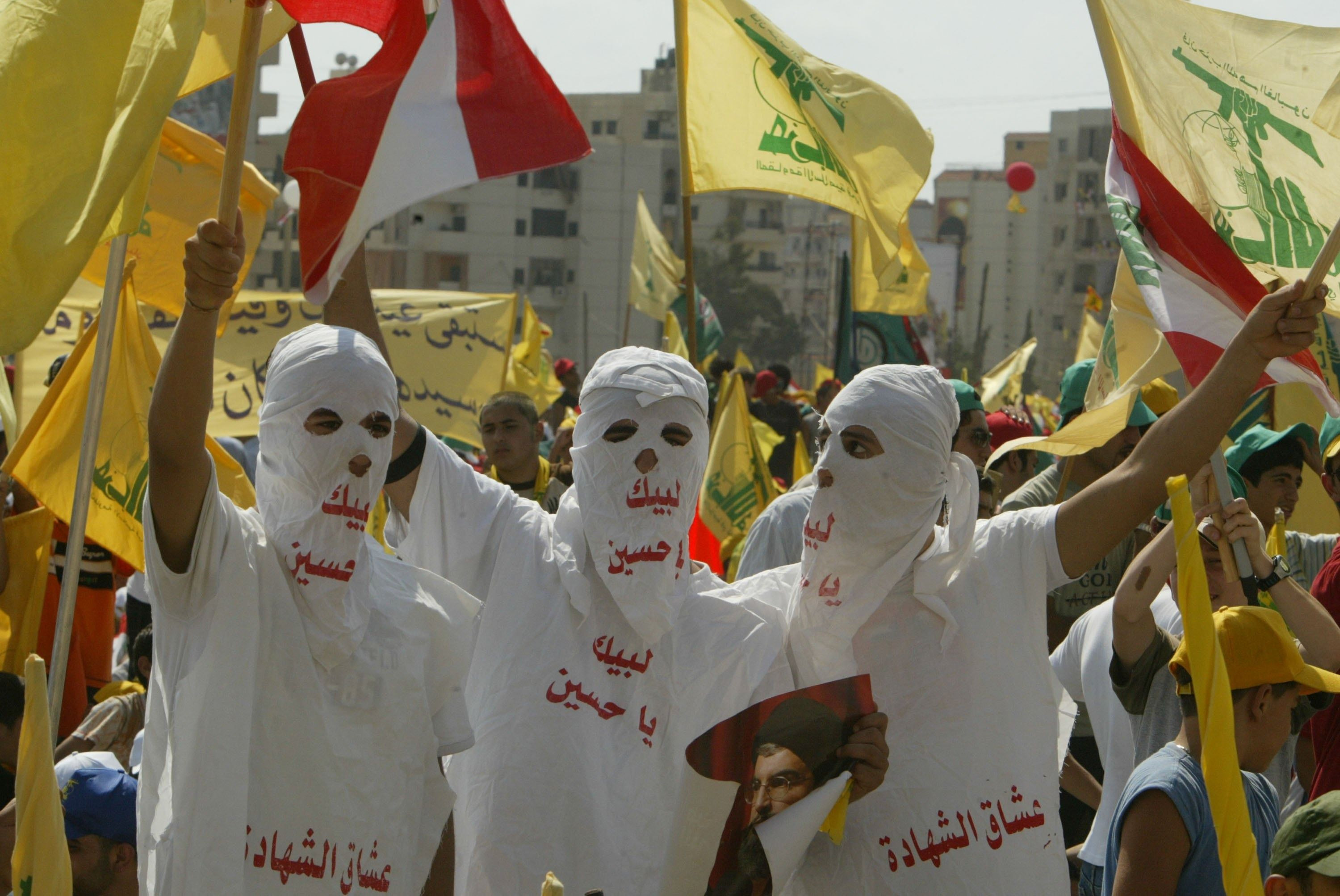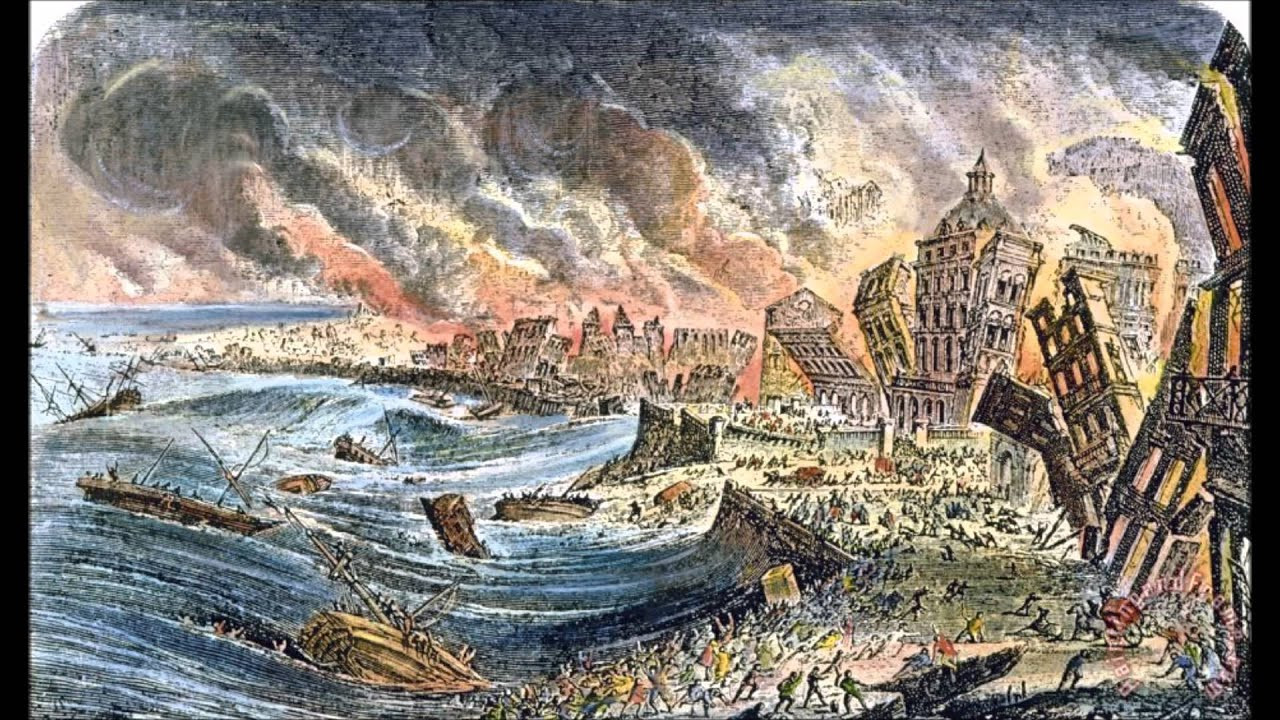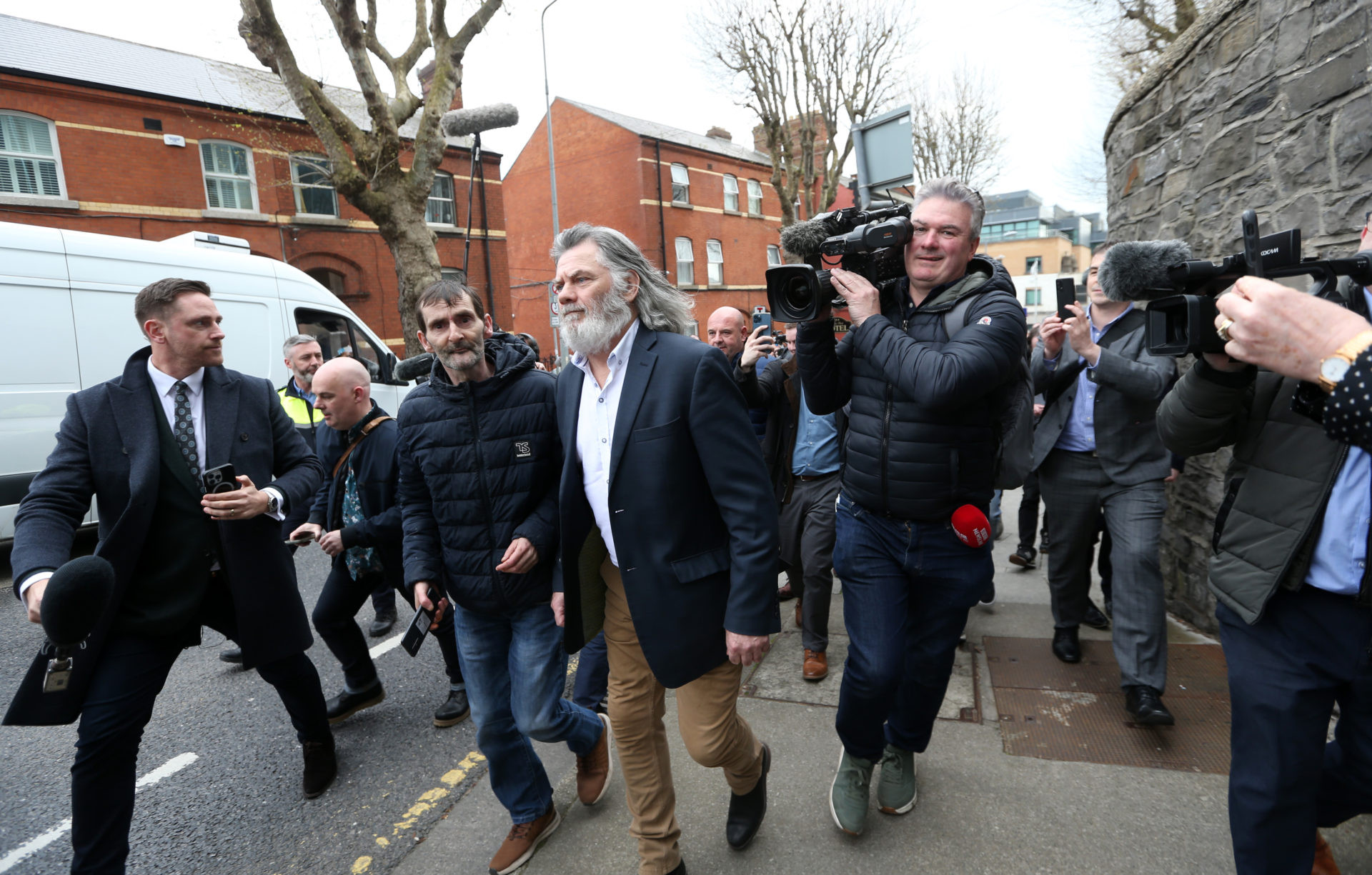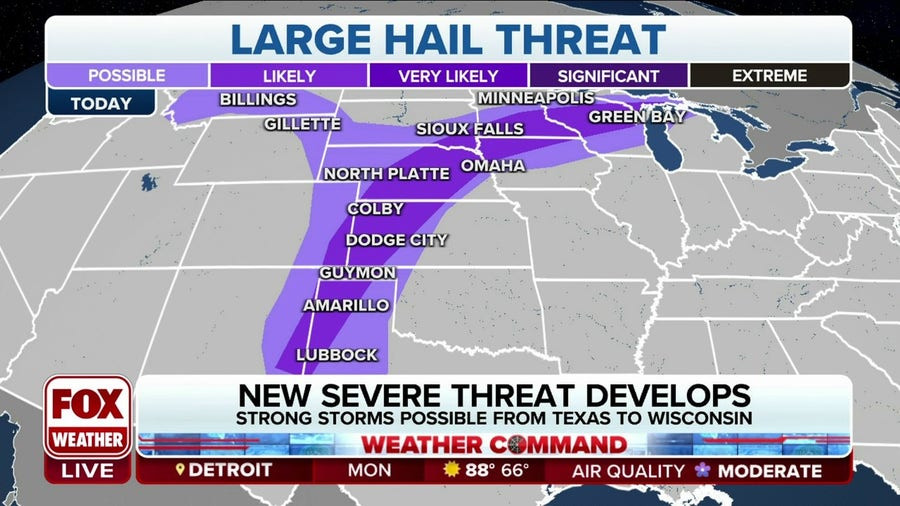Israel-Hezbollah Ceasefire: A 60-Day Truce
The ongoing conflict between Israel and Hezbollah in Lebanon has taken a significant turn with the announcement of a 60-day ceasefire agreement. This deal, brokered with the significant involvement of the United States, marks a potential turning point in the months-long war that has devastated Lebanon and caused immense suffering. The Israeli security cabinet voted in favor of the ceasefire, a decision announced by an Israeli official to CNN. Prime Minister Benjamin Netanyahu, in a pre-recorded address, outlined three key reasons for his support of the agreement. The agreement aims to implement UN Security Council Resolution 1701, a resolution adopted in 2006 to end a previous conflict between the two nations and which had maintained relative peace in the region for nearly two decades. However, the ceasefire is temporary, and its success hinges on Hezbollah's adherence to its terms.
Netanyahu's Rationale for the Ceasefire
Netanyahu's statement, released following the Israeli security cabinet's approval, detailed three primary reasons behind his decision to pursue a ceasefire at this time. While the exact specifics were not disclosed, the general sentiment reflects the need for a pause in the fighting to assess the situation and potentially lay the groundwork for a more lasting resolution. The prime minister stressed that the duration of the ceasefire would depend on Hezbollah's actions. Any violation of the agreement, including rearming, tunnel construction, rocket launches, or infrastructure rebuilding near the border, would trigger a resumption of Israeli military action.
The Intensification of Strikes Before the Vote
In the hours preceding the vote, Israel significantly escalated its military strikes on Beirut. This marked a notable shift in strategy, with central areas of Beirut—not just the Hezbollah-dominated southern suburbs—being targeted for the first time in the conflict. The Lebanese health ministry reported at least 10 deaths resulting from these strikes in central Beirut alone. In the Mazraa district, three people were killed and ten injured in strikes targeting the Barbour area. The Noweiri area saw at least seven deaths when a four-story building was hit. These intense attacks underscored the high stakes of the negotiations and the urgency of reaching a ceasefire agreement. The increased strikes resulted in an additional 55 deaths and 160 injuries on Monday, according to Lebanese reports. The timing of the Israeli escalation immediately preceding the vote raised serious concerns about its intention and its impact on the delicate peace negotiations.
International Response and the Role of the United States
The US has played a crucial role in mediating the ceasefire talks, with Secretary of State Antony Blinken emphasizing the need for a deal to stop the flow of rockets and missiles in both directions. He downplayed the immediate effects of the latest Israeli strikes on Beirut, highlighting the need for an immediate ceasefire to stop the reciprocal attacks and pave the way for the long-term solution. President Joe Biden has been actively involved, with remarks scheduled shortly after the announcement. The US seems to support the ceasefire deal and intends to oversee its implementation. While some US officials have suggested that the Lebanon ceasefire may provide leverage to secure a hostage deal in Gaza, skepticism remains amongst the Palestinians about its actual effect on the situation in Gaza.
Public Opinion and Political Ramifications
The ceasefire deal has been met with mixed reactions in Israel. While Prime Minister Netanyahu's Likud party has indicated its support, far-right ministers, such as Itamar Ben Gvir, have voiced strong opposition, deeming it a historic mistake. Public opinion is also divided, with polls revealing significant disagreement on whether to continue the war or seek a diplomatic solution. The negotiations have been fraught with obstacles, with Israel's right to take military action in Lebanon when deemed necessary being a significant sticking point. Protests outside Israel's military headquarters reflect the opposition to a potential deal that many see as a surrender. Even those supporting a ceasefire have concerns about its lasting effects and the potential for future conflict.
Hezbollah's Stance and Post-War Activities
Hassan Fadlallah, a senior Hezbollah official, has indicated that the group will remain active even after the war concludes, focusing on assisting displaced Lebanese people and rebuilding damaged infrastructure. This suggests that the ceasefire may represent only a temporary lull in the conflict, rather than a complete resolution. The intense attacks before the ceasefire announcement underscored the challenges in securing lasting peace and raise questions about the long-term stability of the deal. The focus on infrastructure rebuilding indicates the significant damage caused and the considerable recovery efforts required after the conflict.
The Gaza Conflict: A Forgotten War?
While the focus shifts to the Lebanon ceasefire, the plight of Palestinians in Gaza continues to worsen. The death toll there has surpassed 44,200, according to the Palestinian health ministry, with heavy rains exacerbating the suffering of those displaced. The UN has highlighted the dire conditions in makeshift camps, where thousands are bracing for a harsh winter. Palestinians fear their situation is being overlooked amid the negotiations for a Lebanon ceasefire, emphasizing that any Lebanon deal must also address the conflict in Gaza. The sentiment is shared that the war in both regions must end simultaneously. The potential impact of a deal that does not consider this aspect is a cause of increased anxiety and is likely to complicate peace efforts further. The ongoing lack of attention to the humanitarian crisis in Gaza creates a potential obstacle to the success of both deals.
UN Resolution 1701 and its Relevance
The proposed ceasefire agreement draws heavily on UN Security Council Resolution 1701, adopted in 2006 to end a previous Israel-Lebanon conflict. The resolution stipulated the withdrawal of Israeli forces from southern Lebanon, the withdrawal of Hezbollah forces north of the Litani River, and the presence of only Lebanese military and UN peacekeeping forces in southern Lebanon. However, both sides have accused each other of violating the resolution in the past. The US, a key mediator, believes a return to the principles of Resolution 1701, combined with a stronger enforcement mechanism, is essential for achieving a lasting peace. A key challenge lies in securing a commitment to fully implement the terms of this resolution which will be crucial for achieving long-term stability in the region. The implementation of the resolution, including its various terms, will be crucial for lasting peace.
A Precarious Peace: Uncertain Future
The ceasefire, though a welcome development, is just one step in a long and complex peace process. Concerns remain about its long-term sustainability, the situation in Gaza, and the deep-seated political divisions. The success of the ceasefire will depend on many variables, including the level of commitment from all involved parties. The future remains uncertain, with the need for continued diplomacy and a commitment to long-term solutions to address the underlying causes of the conflict. The future will largely depend on effective implementation and sustained international involvement in the peace process.




